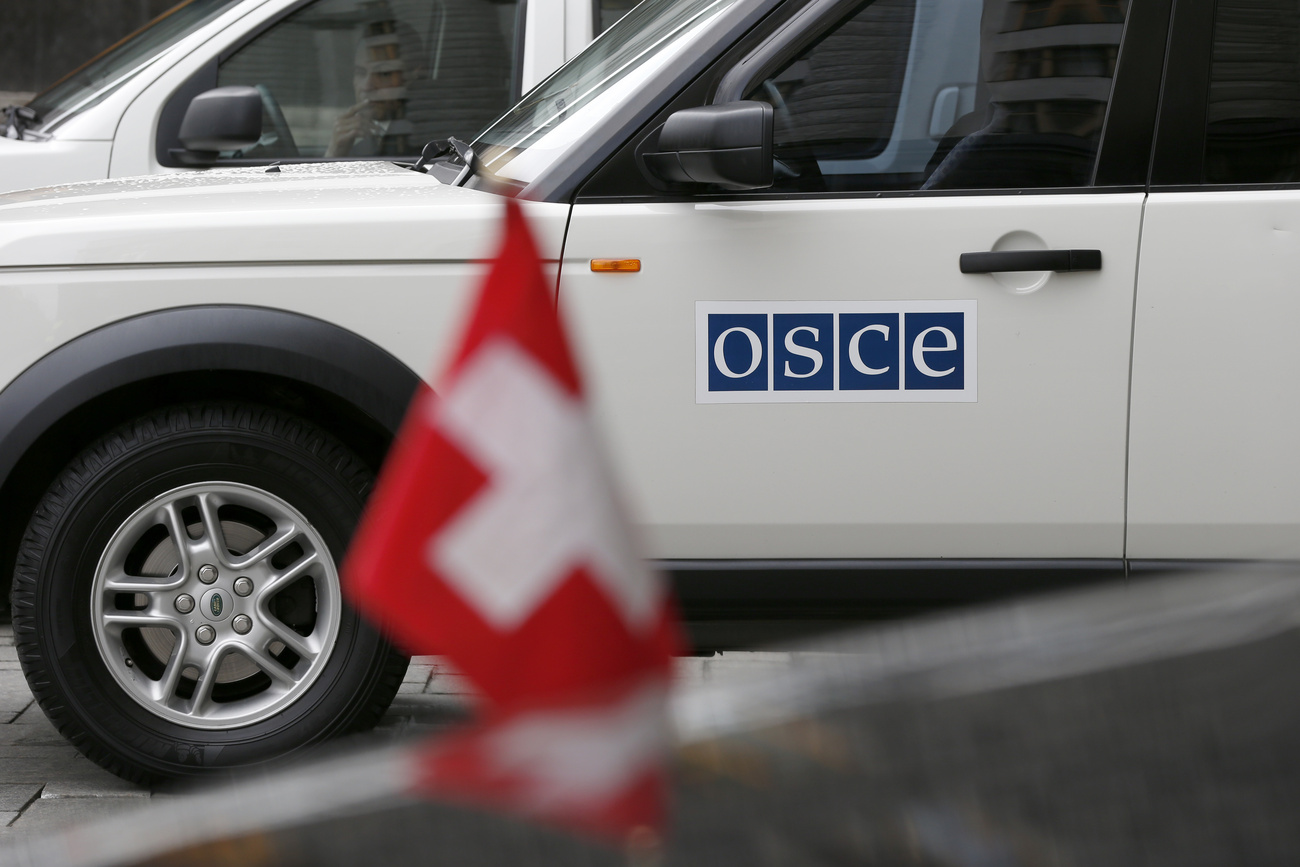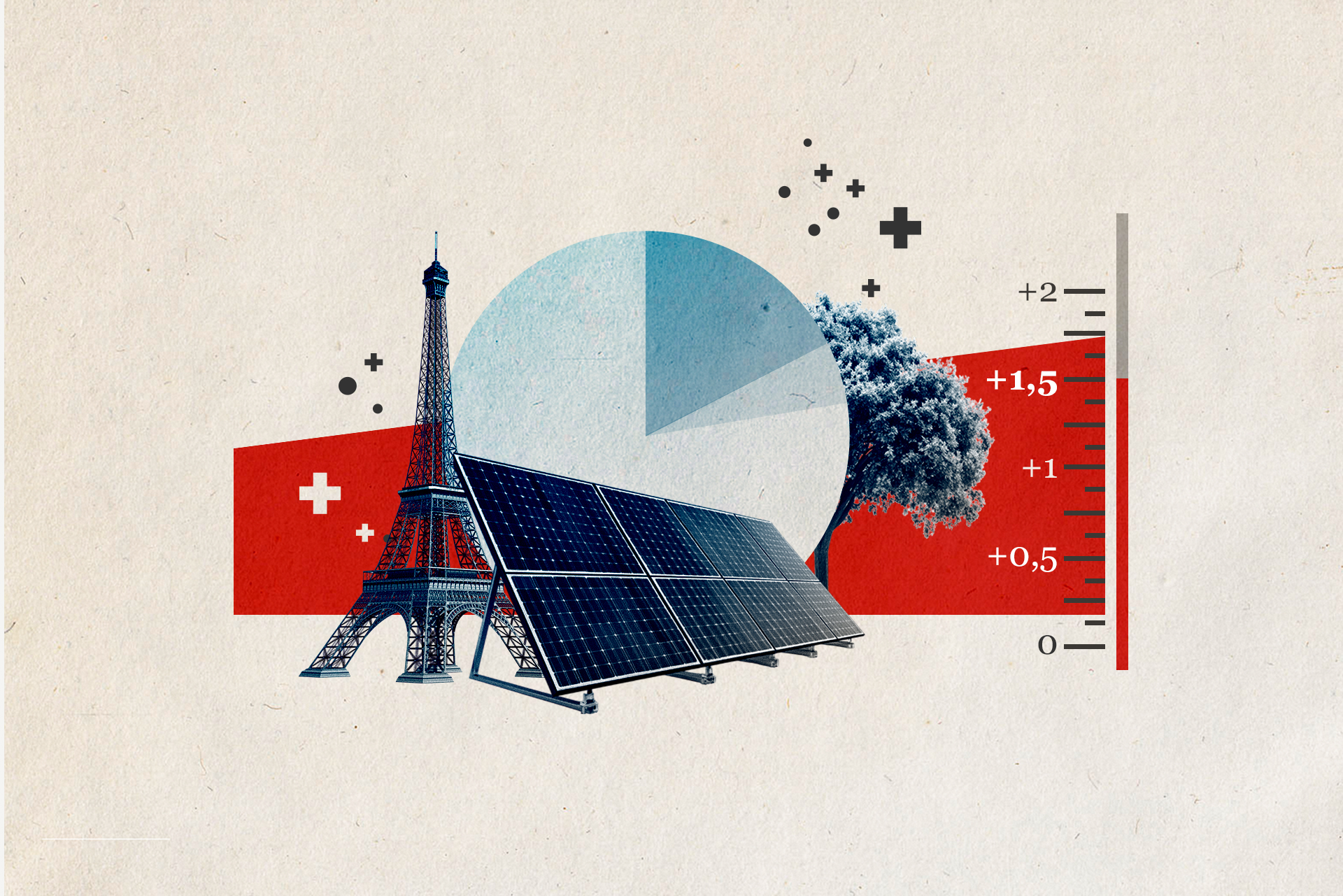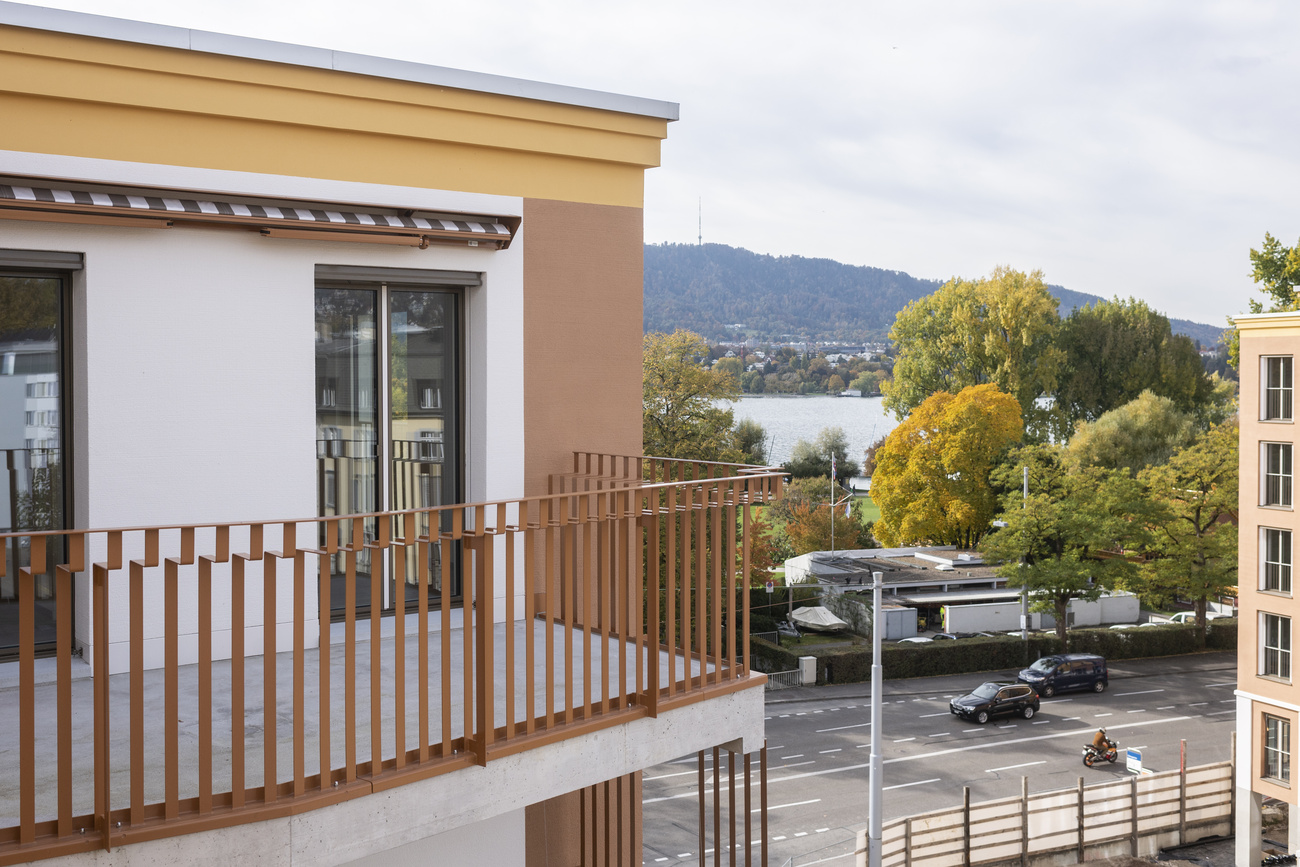
Switzerland provides aid to drought-hit Madagascar

The money will go towards providing food, water and sanitation as the south of the country faces a humanitarian crisis due to poor rainfall.
Of the CHF1 million ($1.1 million) in aid provided by the Swiss Agency for Development and Cooperation (SDC), half will go to the United Nations World Food Programme. The other half will go to the SDC-run relief organisation Swiss Humanitarian Aid that will focus on meeting water and sanitation needs.
“The SDC and the Swiss embassy on the ground will continue to monitor the situation and take further relief measures as needed,” said an official statement released on Tuesday.
More than one million people in southern Madagascar are suffering from food scarcity due to a failure of the rains. It is the worst drought the country has faced in a decade. A lack of jobs due to Covid-19 restrictions has increased the precarity of the people.
It is estimated that a third of the population in these regions will become dependent on humanitarian aid by May. The worsening situation has forced the authorities in Madagascar to launch an appeal for international aid.

In compliance with the JTI standards
More: SWI swissinfo.ch certified by the Journalism Trust Initiative



























You can find an overview of ongoing debates with our journalists here . Please join us!
If you want to start a conversation about a topic raised in this article or want to report factual errors, email us at english@swissinfo.ch.